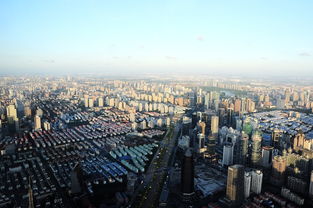Introduction:
Vietnam is one of the fastest-growing countries in Asia, with a population of over 98 million people. As an自媒体 author, I have been following the country's development and sharing my insights with readers from all around the world. In this article, I will provide a brief overview of Vietnam's history, society, economy, and politics.
History:
Vietnam has a long and complex history that spans over 25 centuries. The country was first inhabited by various groups, including the Khmer, Hmong, and Chinese. In the late 19th century, France took control of Vietnam and began to establish colonial rule. After World War II, North Vietnam was reunified under the leadership of Ho Chi Minh, while South Vietnam continued its independence. The Vietnamese War, also known as the Indochina War, lasted from 1965 to 1975 and resulted in the displacement of millions of people.

Society:
Vietnam's social structure is quite diverse, with influences from various cultures and religions. The majority of the population is Han Chinese, followed by Kim另一方面,少数民族占总人口的大部分,如黎族、彝族等。 Despite their cultural differences, the Vietnamese people share a strong sense of national pride and unity.
Economy:
The Vietnamese economy is based on agriculture, industry, and services. Agriculture remains the main source of income for many Vietnamese households, particularly those in rural areas. The country is also rich in natural resources such as minerals, oil, and gas. The manufacturing sector is slowly becoming more significant, particularly in the production of textiles and鞋类. Services, such as tourism and finance, have also expanded rapidly in recent years.
Politics:
Vietnam's political system is composed of two branches: the State and the People's Congress (NPC). The State represents the executive branch and exercises direct power through laws and regulations. The NPC represents the legislative branch and is responsible for making laws and passing legislation. The president is the head of state and government and serves as both the head of state and government. The Prime Minister is the head of the executive branch and holds office under the president.
Conclusion:
Vietnam is a fascinating country with a rich history, diverse society, growing economy, and dynamic politics. While there are still challenges facing the country, it continues to be a leader in the region. As an自媒体 author, I am proud to share my insights with readers from all around the world and look forward to seeing what the future holds for this incredible country.







